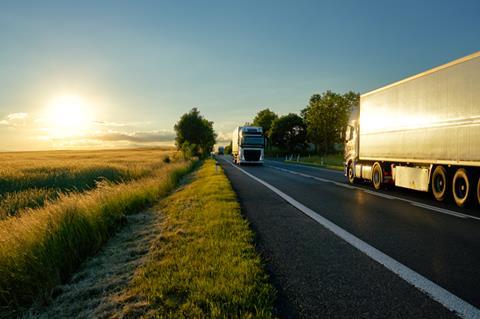
Retail leaders have called for urgent clarity over what checks will be carried out on goods crossing into Northern Ireland, under Boris Johnson’s proposed Brexit deal.
Deadlock in parliament over the deal, as the prime minister tries to persuade MPs to agree to a general election in return for longer scrutiny of his bill, has left retail leaders in the dark over how much the proposed Northern Ireland protocol could cost businesses.
They expressed fears after an impact assessment by HMRC earlier this week confirmed agri-food goods moving from Great Britain to Northern Ireland would be subject to checks, including identity, documentary and physical checks by UK authorities under the proposed withdrawal bill.
However, the government has given no indication of how much the cost to businesses would be, or what measures will be put in place to try to minimise disruption.
Food & drink industry warns of costs of Northern Ireland Brexit plans
“It [Johnson’s deal] removes the spectre of a disastrous no-deal,” said Northern Ireland Retail Consortium director Aodhán Connolly,
“However, there is the possibility that there will be checks and cost and delays and all those things add up.”
Connolly told the Today programme this morning: “When we are talking about retailers we are talking about very small profit margins, we need high volumes.
“But in Northern Ireland we have about half of the discretionary income compared to GB households and that means we have less ability to absorb any cost rises that come from this.
“What we are asking for from the government is some clarity and very quickly as well about what checks there will be, about how much those declarations will cost and how they can be mitigated.
“We are going to need some light touch administration.”
Under the proposed border deal, goods earmarked for the Republic of Ireland will be subject to greater costs and customs scrutiny. The NIRC said it was vital there was a “narrow definition” of goods that are affected.
“We need a system should that be trusted trader or some form of light administration that prevents us having to fill out a plethora of forms,” said Connolly.
James Hookham, deputy chief executive of the FTA, told The Grocer questions over how the border plans would work were stacking up. The main priority of avoiding a no-deal Brexit was looking more remote, as EU leaders discussed a further extension, he added.
“It’s very important that we find out just how these arrangements operate and what the costs to businesses will be and we will be pushing the government on that,” he said.
FDF CEO Ian Wright has warned of the potential of huge damage to trade between the countries of more border checks, which he said if not averted could “haunt the UK economy for a generation”.








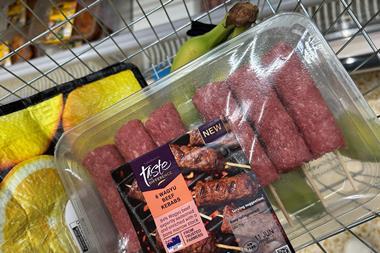

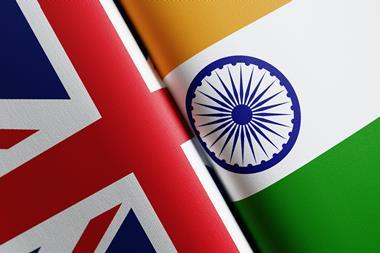
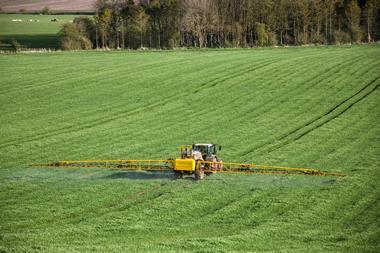
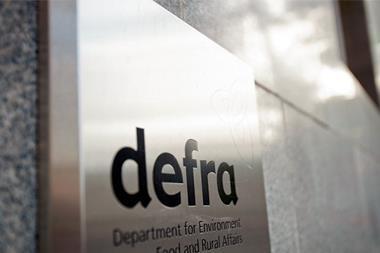






No comments yet